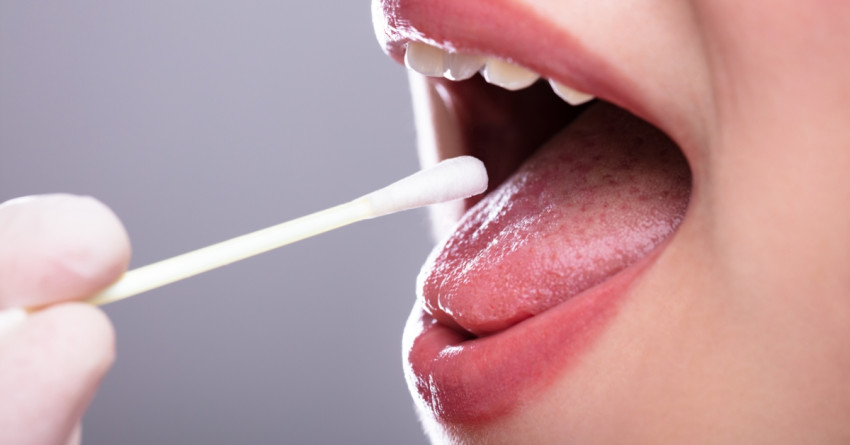
Have you recently found yourself facing the daunting prospect of a saliva drug test? Whether it’s for a job, legal requirement, or personal reasons, the thought of undergoing such a test can be anxiety-inducing for many. But fear not! In this comprehensive guide, we’ll navigate through the murky waters of saliva drug testing, equipping you with the knowledge and strategies needed to pass with flying colors. So sit back, relax, and let’s dive into the world of passing a saliva drug test.
Understanding Saliva Drug Testing
Before we delve into how to pass a saliva drug test, it’s essential to understand what it entails. Unlike other forms of drug testing, such as urine or blood tests, saliva drug testing, also known as oral fluid testing, involves collecting a sample of saliva to detect the presence of drugs. This method is favored for its non-invasiveness, simplicity, and ability to detect recent drug use.
How Saliva Drug Tests Work
Saliva drug tests work by analyzing the saliva sample for traces of specific drugs or their metabolites. These tests are designed to detect recent drug use, typically within the past 24 to 72 hours, making them an effective tool for detecting recent drug use.
Common Drugs Detected
Saliva drug tests can detect a wide range of substances, including but not limited to:
- Marijuana (THC)
- Cocaine
- Amphetamines
- Opioids
- Benzodiazepines
Factors Affecting Detection
Several factors can influence the detection window of drugs in saliva, including:
- Type and amount of drug consumed
- Frequency of drug use
- Metabolism
- Overall health and hydration levels
- Understanding these factors is crucial in devising a strategy to pass a saliva drug test successfully.
Strategies for Passing a Saliva Drug Test
Now that we have a solid understanding of saliva drug testing, let’s explore some effective strategies for passing the test:
Abstaining from Drugs
The most foolproof way to pass a saliva drug test is to abstain from drug use altogether. Since saliva tests primarily detect recent drug use, refraining from using drugs in the days leading up to the test greatly increases your chances of passing.
Oral Hygiene
Maintaining good oral hygiene practices can also help improve your chances of passing a saliva drug test. Brushing your teeth thoroughly, using mouthwash, and staying hydrated can help flush out any lingering traces of drugs from your saliva.
Timing Is Key
If possible, try to schedule your saliva drug test for a time when drug metabolites are less likely to be present in your saliva. This may involve strategically planning your drug use and scheduling the test accordingly.
Using Detox Products
There are various detox products and mouthwashes on the market that claim to help individuals pass saliva drug tests. While some may be effective, it’s essential to research and choose reputable products with proven results.
Conclusion:
Navigating the process of passing a saliva drug test may seem daunting at first, but armed with the right knowledge and strategies, it's entirely manageable. From understanding how saliva drug tests work to implementing effective passing strategies, you now have the tools to confidently tackle any saliva drug test that comes your way. Remember, preparation is key, so take the necessary steps to ensure success, and you'll be on your way to passing with flying colors.
FAQs
Q: How accurate are saliva drug tests?
A: Saliva drug tests are highly accurate in detecting recent drug use, with sensitivity comparable to other forms of drug testing.
Q: How long do drugs stay in saliva?
A: The detection window for drugs in saliva varies depending on several factors but generally ranges from 24 to 72 hours.
Q: Can secondhand smoke affect saliva drug test results?
A: While exposure to secondhand smoke may result in trace amounts of drugs in saliva, it is unlikely to cause a positive test result unless substantial exposure occurs.




